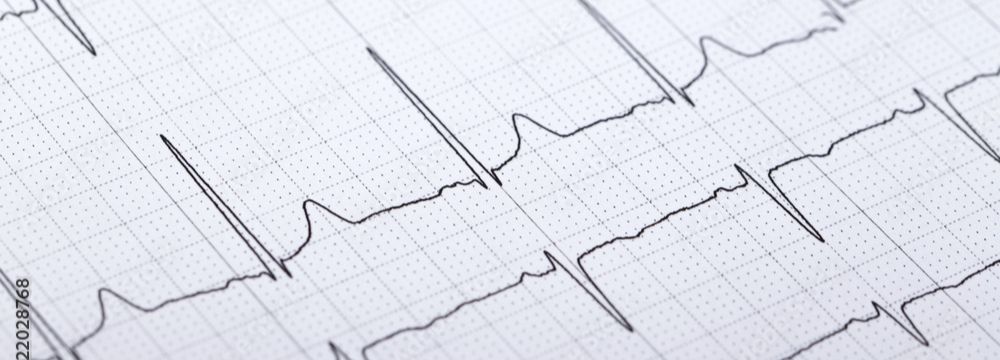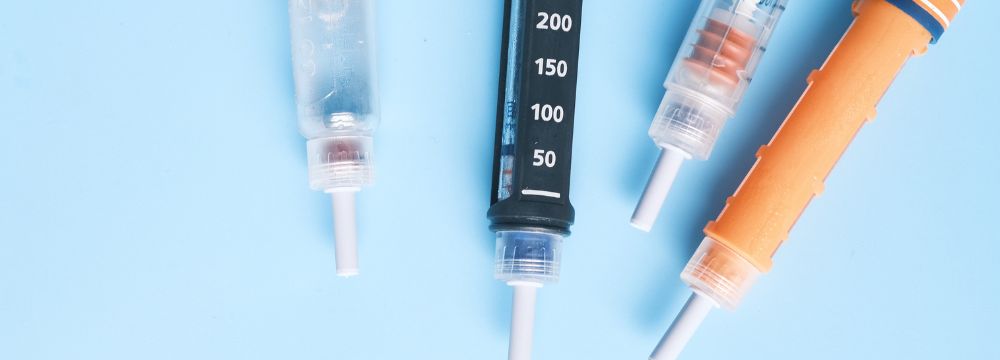Weight Loss
With the proliferation of weight loss medications, including Wegovy and Zepbound, we have more choices when it comes to losing weight and improving the diseases associated with morbid obesity. However, with this expanded choice, there’s conflicting information and more confusion, and it’s important to teach our patients when each of these therapies makes the most sense. It’s also important to note the differences between the two weight loss-approved GLP-1 medications, Wegovy and Zepbound. So, let’s dive in and find out which therapy is best at every stage of weight loss needs.
You Need to Lose Those Last 10 to 15 Lbs.
Patients who need to lose just a few pounds will not qualify for weight loss medication or bariatric surgery. Despite some patients getting an off-label prescription for weight loss drugs, ultimately, the best way forward is with traditional diet and exercise. After all, you will likely lose that amount of weight within a couple of months of using a GLP-1 medication and consequently stop taking the drug. At that point, without proper diet and exercise modifications, you’ll likely regain the weight, which starts a pattern of medication, weight regain, and medication again. Instead, commit yourself to a lifestyle change that offers more permanent results. You can also contact us to join our medical (non-surgical) weight loss program.
You Have Obesity and Need to Lose About 20% of Your Body Weight.
If you are obese and need to lose a significant amount of body weight, GLP-1 medications, including Wegovy and Zepbound, may be suitable for you. In clinical trials, these drugs showed between 15 and 20% body weight loss for the most successful third (or so) of patients. Wegovy showed a somewhat lower 15% weight loss, while Zepbound showed upwards of 20% or more. Of course, these weight loss numbers are not guaranteed. Some patients may lose more, while others will lose significantly less. Some patients will lose no weight at all. These medications also have side effects, so patients should speak to Dr. Higa about their benefits and risks. Fortunately, we have a comprehensive non-surgical weight loss program that may or may not include weight loss medication, depending on each patient’s circumstances. We will discuss this during your consultation.
Remember that if you have a significant amount of weight to lose, even 20% body weight loss may not be enough to get you under the obesity threshold. Understand that sometimes bariatric surgery is necessary for higher BMIs, usually over 40, and can save you time and a significant amount of money.
Bariatric Surgery
As mentioned above, while the hype may make medications seem like the best option for any amount of weight loss, bariatric surgery remains a significant part of the treatment continuum. With excess body weight loss results between 60 and 80%, bariatric surgery is often the best, safest, and most effective option for patients above a BMI of 40 or so. Let’s use an example to illustrate when bariatric surgery may make more sense. In this scenario, a patient may be 250 lbs. with an ideal weight of 135. At about 5’6”, their BMI is 40. If they were to take medications and achieve the very best results, they would lose approximately 50 lbs., leaving them with an ending weight of 200 (65 lbs. over their ideal body weight) and still obese.
On the other hand, they could lose up to 80% of their excess body weight with bariatric surgery, roughly translating to a weight loss of 92 lbs. and a final weight of 158 (just barely classified as overweight). Bariatric surgery could be a much better option for this patient, assuming they have acceptable surgical risk.
Medication and Surgery Work Symbiotically
This is not to say that every patient must choose between medication or surgery alone – in some cases, patients can benefit from medication and surgery together. This is true before bariatric surgery when taking these medications can reduce surgical risk and help the patient get acclimated to the postoperative diet.
Most importantly, if you are living with obesity, you must visit a well-rounded weight loss specialty practice like Higa Bariatrics. Depending on your circumstances, we offer non-surgical and surgical weight loss options. Please schedule a consultation with us to learn more.











